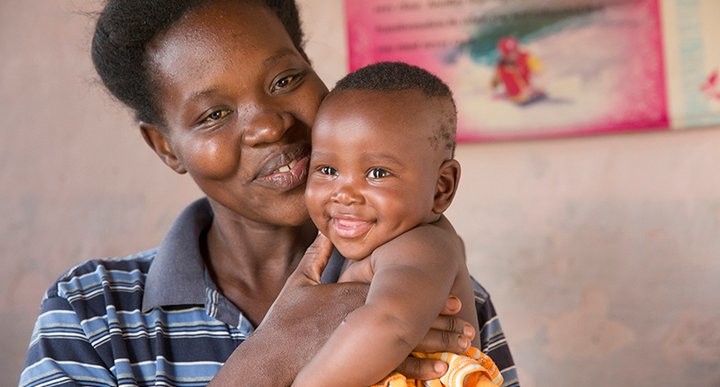
As part of the financing agreement between the SADC Secretariat and the Government of Sweden, an end of support evaluation was planned. Thus, this evaluation is part of compliance to the reporting requirements of the financial support. The Business Plan had the following objectives:
• All Member States(MS) deliver on their universal access to prevention targets;
• All Member States deliver on their universal access targets to achieve access to quality treatment for people living and affected by HIV and AIDS and TB/HIV co-infection;
• Reduced impact of HIV and AIDS and TB/HIV co-infection on the socioeconomic and psychological development of the region, Member States, communities and individuals, with all orphans, vulnerable children and youth having access to external support;
• Sufficient resources mobilised for a sustainable, scaled-up, multi-sectoral response to HIV and AIDS in the SADC region that channels resources efficiently to operational and community levels; and
• Enhanced institutional capacity in the region supports evidence-based programme design, implementation, monitoring, reporting and evaluation at regional and MS levels to ensure ongoing progress towards regional, continental and global commitments.
Implementation of the Business Plan was coordinated by the SADC HIV and AIDS Unit at the SADC Secretariat.
Funding of the Business Plan was by numerous ICPs with the Government of Sweden providing the majority of resources. The Government of Sweden supported the development of the SADC HIV and AIDS Strategy and Business Plan, 2010-2015. It also contributed to the establishment of a full complement of staff in the SADC Secretariat HIV and AIDS Unit. Finding from the Government of Sweden facilitated functionality of the Business Plan’s implementation institutional structure that included the Forum for ICPs and the SADC HIV and AIDS Technical Advisory Committee (TAC) whose major role were to review budgets, work plans and progress in implementation; and to provide technical guidance respectively. The funding also enabled implementation of activities in the 2010-2015 Business Plan at both regional and national levels through participation of a variety of stakeholders that included: MS, International Cooperating Partners (ICPs); Civil Society Organisations (CSOs); and Technocrats from research institutions and UN agencies.
Because of outstanding activities, largely the finalisation of the SADC HIV, Sexual and Reproductive Health (SRH), TB and Malaria Programmes Integration Strategy and Business Plan, 2016-2020, the 2010-2015 SADC Business Plan was extended to June 2016.
The overall purpose of the end of support evaluation of the SADC HIV and AIDS Business Plan, 2010-2015 is to document concrete achievements; identify implementation bottlenecks and lessons learnt; as well as make recommendations that may be considered in the implementation of the SADC HIV, Sexual and Reproductive Health (SRH), TB and Malaria Programmes Integration Business Plan, 2016-2020.
The evaluation employed qualitative and quantitative methods. Main sources for quantitative data were annual Epidemic Reports, studies and surveys from MS, particularly those visited for the evaluation. Collection of quantitative data was guided by the “Harmonised Surveillance Framework for HIV and AIDS, Tuberculosis and Malaria in the SADC Region”. This framework provided the scope, and set targets upon which progress on the key HIV and AIDS, Tuberculosis and Malaria outcomes were analysed. Progress on the specified indicators in the framework was tracked for all the SADC countries from 2010 – 2016. This process involved extensive literature review to determine progress on these indicators. Six Member States were visited and these were: Lesotho, Malawi, Namibia, Swaziland, Tanzania, and Zambia.

